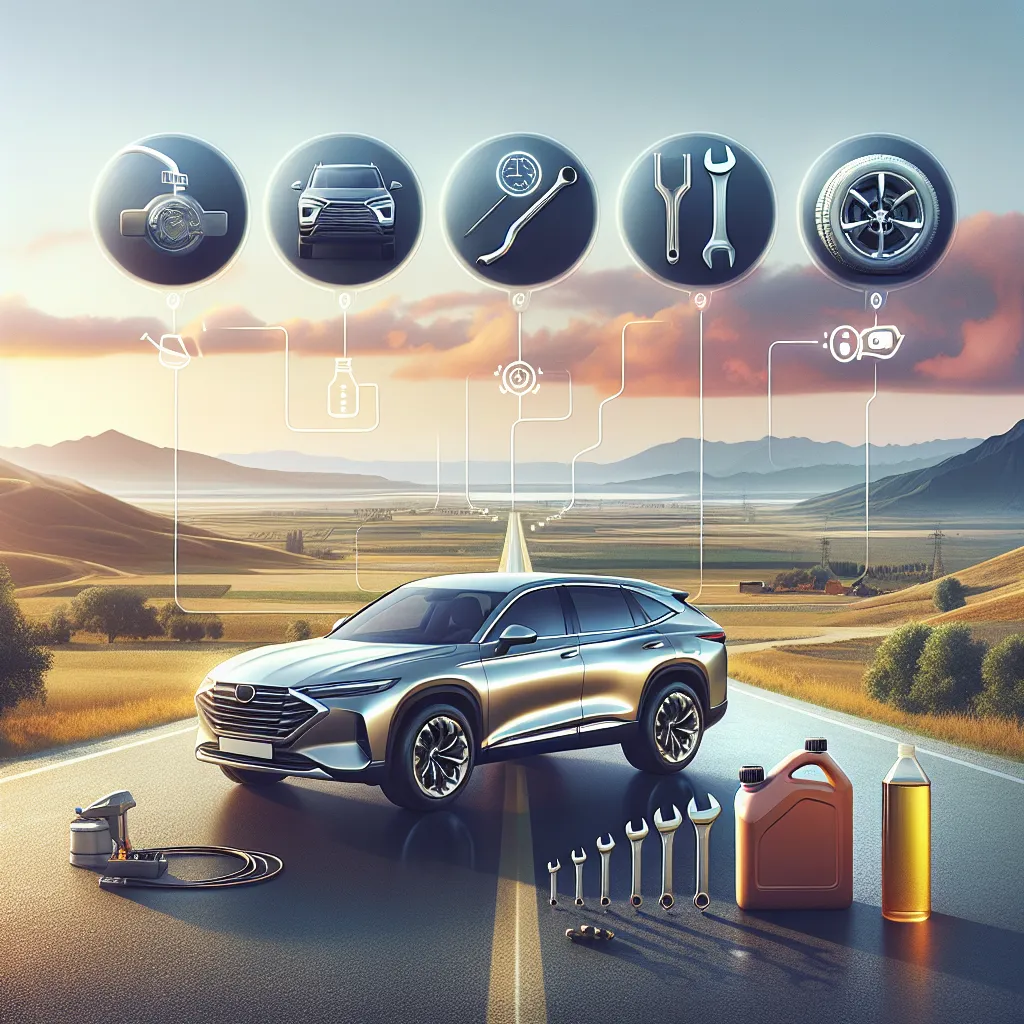1. Regular Oil Changes
Changing your car's oil is one of the most fundamental aspects of maintenance. Fresh oil lubricates the engine, reducing friction and preventing overheating. Aim to change your oil every 5,000 to 7,500 miles, depending on your car's make and model, but refer to your owner's manual for specific recommendations.
2. Tire Rotation and Balancing
Regularly rotating and balancing your tires can significantly extend their lifespan and improve your car's performance. Tire rotation should generally be done every 5,000 to 7,000 miles, whereas balancing should be checked when you notice uneven tire wear or vibrations at high speeds.
3. Regular Car Washes
Keeping your car clean isn't just about aesthetics. Regular car washes can prevent dirt and grime from accumulating and causing corrosion over time. It's especially important in areas with harsh weather conditions or where salt is used on roads during winter.
4. Brake Checks
Your car's braking system is one of its most vital safety features. Make sure to have your brakes checked at least once a year or whenever you notice changes in your car's braking performance. This includes any unusual noises, vibrations, or a reduction in braking power.
5. Climate Control System Maintenance
A well-functioning climate control system is crucial for both comfort and safety. Regular maintenance can prevent costly repairs in the future. Have your car's air conditioning system checked at the start of each summer and the heating system before winter.
Conclusion
Car maintenance may seem like a daunting task, but it's a crucial part of ensuring your vehicle remains reliable, efficient, and safe. By incorporating these five tips into your regular maintenance routine, you can keep your car running smoothly and extend its lifespan, saving you money and trouble in the long run. Stay road-ready in 2026 and beyond with these essential auto maintenance strategies.
